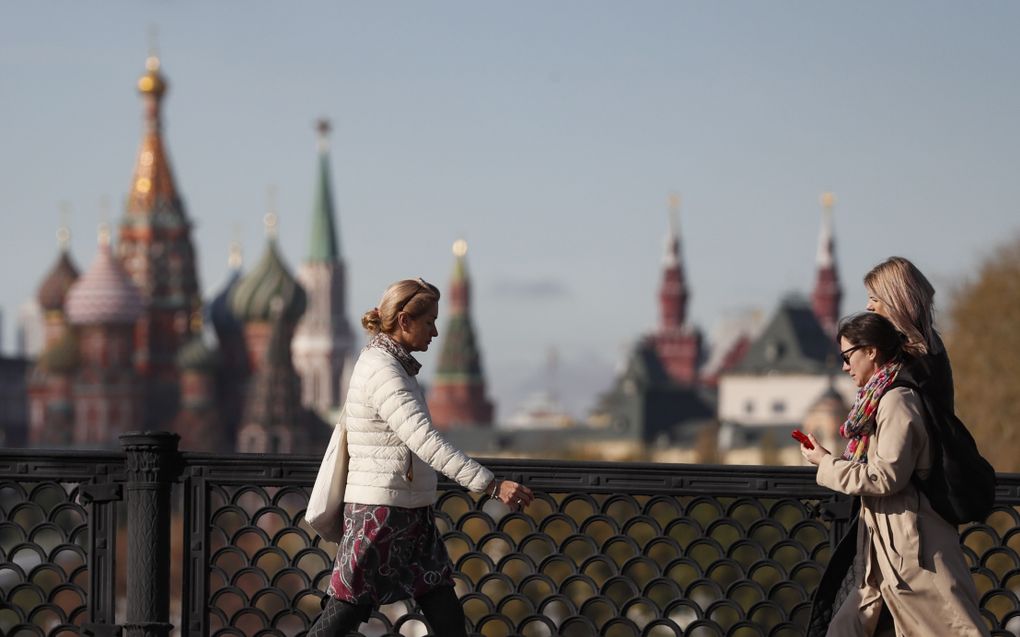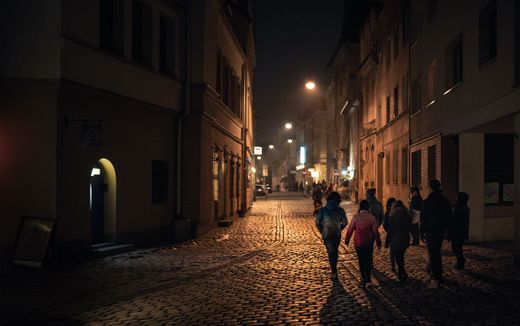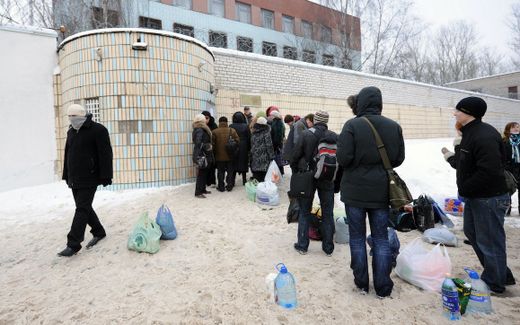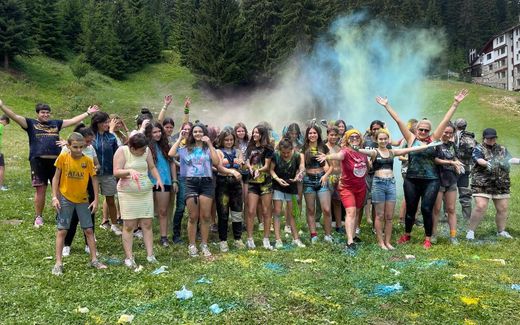Weekly column from Moscow: Let us talk about my Russianness
28-10-2022
Christian Life
Nina Koryakina, CNE.news

Photo EPA, Yuri Kochetkov
Christian Life
Well, guess what. I am still Russian. And it still feels odd to admit my Russianness, although I wonder if it should.
What have I done to become Russian? Well, I was born here. And not just in any part of Russia – I was born in Moscow, a 5-minute drive from Kremlin. Really. Worst case scenario.
Besides, I was raised here and I have been speaking, reading, writing, and even thinking in Russian for as long as I can remember. Ask any foreigner who has tried to learn the language and they will tell you that it is quite a feat, something to be admired and envied. I totally agree.
Nina Koryakina (1973) lives and works in Moscow. She is at least the fourth generation of Muscovites on the maternal side and even worse on the paternal.

She lives her life in Russian, English, and Spanish. She makes a living of teaching English as second language (ESL) at a university, while her passion is translation and conference interpreting – and yes, she makes a living of that, too.
Nina has been raised by her three kids; together they have a Devonrex cat.
I am proud to have enormous heritage that includes Russian music, literature, architecture, and great traditions in performing arts, philosophy, theology, and science. I love being part of culture that appreciates world literature and encourages study of foreign languages and customs, the culture where hospitality and charity are valued and practiced by millions.
I am also aware that this heritage includes revolutions and wars, centuries of tyranny and censorship, slavery and struggle. Alcohol abuse is not only prevalent and growing, it is seen by many as ‘a Russian tradition’; besides, quite a few periods in our history were marked by anti-Semitism and other forms of xenophobia, from restrictions to open violence. For centuries, Russia has struggled for freedom – be it freedom from serfdom (our form of slavery) or freedom of expression – at the same time imposing oppressive rule or ideology on millions. I am aware of that, and much more.
Ballet
So, what is being Russian like? It is not necessarily making scientific breakthroughs while performing ballet on the stage of Bolshoi with some great Orthodox music in the background. Neither is it sitting on a tank with a pet bear and drinking vodka in the middle of the Red Square. Being Russian is great. Being Russian is weird. Being Russian is… complicated.
Right now, as Russian culture and Russian presence are being cancelled in so many ways around the world, I find myself questioning my Russianness. Many people have chosen to leave the country, and many more wish they could. Will the identity of these new emigrants change because they left? Will mine change because I have stayed? I don’t know.
One thing is sure: you cannot ‘un-Russian’ me by ignoring me or making me feel bad about my identity. You can alienate me. You can shush me. You can demonize me. You are free to do that. Especially now, that I am shushed and canceled and alienated.

Yet there is one more thing about being Russian that I like. We, Russians, love a good talk. When we get together, we talk, and talk, and talk. We can disagree, sometimes in a rather heated manner, we dispute, and we laugh, sometimes so loud that all the neighbors join in. But we talk. And if you don’t particularly like borsch or bliny, perhaps you’d be willing to try this? This could be something we all need now, Russian or not.
Chicago
I remember a moment, years ago, when our family was staying in Chicago for a couple of days and the relatives of our friends welcomed us to their suburban home. The head of the family, a prominent investment banker, sacrificed hours of his sleep just to spend time with us and talk. And when we asked him why he would do that before a busy day at work, he said, “When will I ever have Russians in my home again? This could be my only chance to know you guys!” I was touched and humbled by this and have tried my best to follow his example ever since. I have friends all over the world, and this is one thing that helps me from going mad these days – knowing that real people are different and think differently from what I see in the news or in social media.
So, as my pet bear says, bear with me for being Russian. And let us talk.
Related Articles





